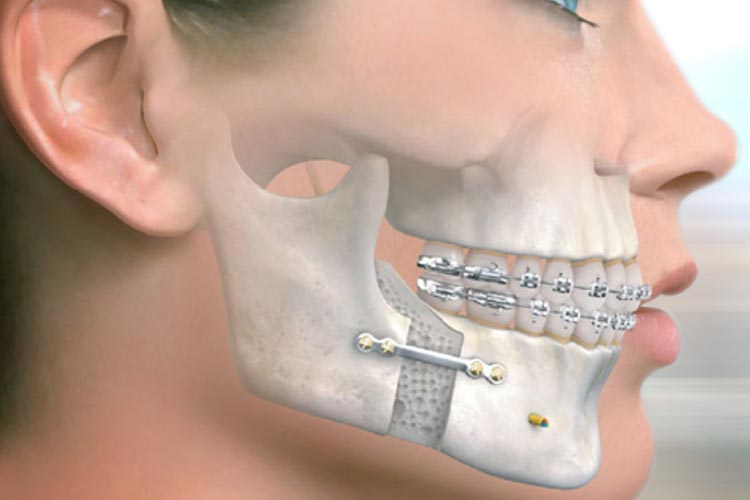
Jaw Facial Fractures
At Tayfun Civak Dental Clinic, we are equipped to handle a range of complex dental and maxillofacial issues, including jaw fractures. Whether caused by trauma, accidents, or other injuries, jaw fractures require prompt and effective treatment to ensure proper healing and restore function. Here’s an overview of jaw fractures, their treatment, and what you can expect during recovery.
What Are Jaw Fractures?
Jaw fractures, or mandibular fractures, involve breaks or cracks in the jawbone (mandible) or the upper jaw (maxilla). These fractures can vary in severity and may occur in different areas of the jaw, including:
- Mandibular Fractures: These are fractures of the lower jawbone and can occur in various locations, such as the body of the mandible, the angle, or the condylar process.
- Maxillary Fractures: These involve the upper jawbone and may include fractures of the maxillary sinus, the orbital rim, or the zygomatic arch.
Causes of Jaw Fractures
Jaw fractures can result from several causes, including:
- Trauma: Accidents, falls, or sports injuries are common causes of jaw fractures.
- Assaults: Physical altercations or violence can lead to significant jaw injuries.
- Motor Vehicle Accidents: Collisions or impacts can cause severe jaw fractures.
Symptoms of Jaw Fractures
Common symptoms of jaw fractures include:
- Pain and Swelling: Intense pain and swelling around the jaw or face.
- Difficulty Moving the Jaw: Limited movement or inability to open or close the mouth fully.
- Misalignment: Noticeable changes in the alignment of the teeth or jaw.
- Bruising and Bleeding: Bruising around the mouth, face, or inside the oral cavity.
Treatment Options for Jaw Fractures
Initial Evaluation: A thorough clinical examination and imaging studies, such as X-rays or CT scans, are performed to assess the extent and location of the fracture.
Non-Surgical Treatment: For less severe fractures, treatment may involve immobilization of the jaw using wire or elastics, along with pain management and a soft diet to allow the bone to heal naturally.
Surgical Treatment: For more complex fractures or those involving displacement, surgical intervention may be necessary. This involves repositioning the fractured bone segments and securing them with plates, screws, or wires to facilitate proper healing.
Post-Treatment Care: After treatment, you will receive specific care instructions to manage pain, swelling, and oral hygiene. Regular follow-up appointments will be scheduled to monitor the healing process and ensure that the jaw is properly aligned.
Recovery and Aftercare
- Pain Management: Pain and discomfort can be managed with prescribed medications. Applying ice packs can also help reduce swelling.
- Diet: A soft food diet is recommended during the initial recovery period to minimize stress on the jaw. Gradually, you can reintroduce more solid foods as advised by your healthcare provider.
- Oral Hygiene: Maintaining good oral hygiene is crucial to prevent infection and support healing. Follow instructions for gentle brushing and rinsing to keep the mouth clean.
- Follow-Up Visits: Regular follow-up visits are important to assess the healing progress and make any necessary adjustments to your treatment plan.
Contact Us
At Tayfun Civak Dental Clinic, we are dedicated to providing expert care for jaw fractures to help you recover quickly and effectively. If you have suffered a jaw injury or have concerns about a possible fracture, please contact us for a consultation. Our experienced team is here to support you through every step of your treatment and recovery process.
